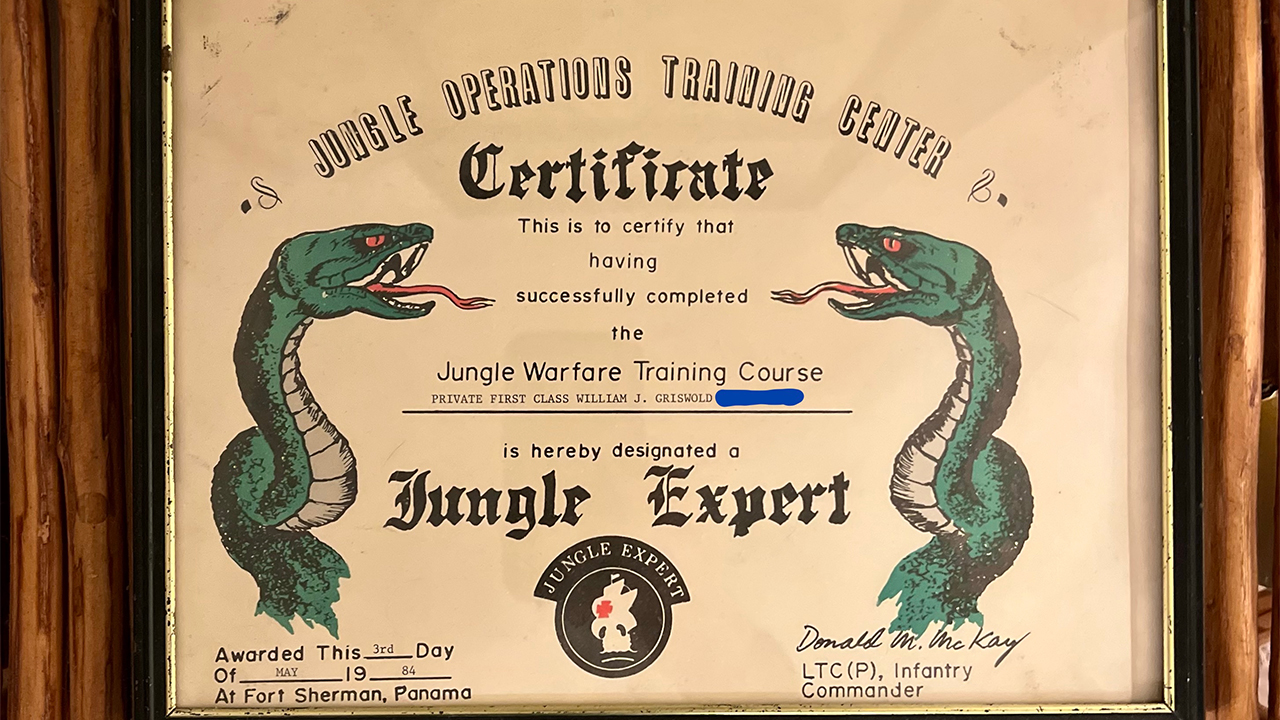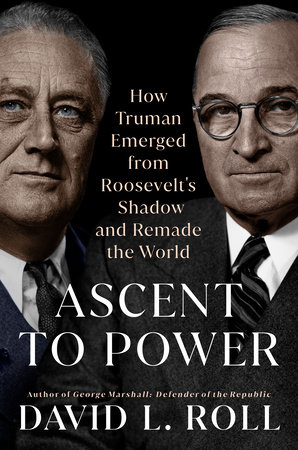Damn the Torpedoes, We Have Bigger Problems
June 17, 2024

Craig L. Symonds’s The US Navy: A Concise History (Oxford UP 2016) is a book that in its brevity (116 pages), simple texture, and insights could have been written only by a master of the subject. Symonds is emeritus at the US Naval Academy and was a visiting professor at the US Naval War College and the Britannia Royal Naval College in England. His books on naval power, the Civil War, and other historical topics have won many awards, including the Lincoln Prize and the Samuel Eliot Morison Award for Naval Literature.
Symonds’s book surprises, as it is also a history of technology and its political effects, showing, for example, how shifts from sail to coal to oil to nuclear power each affected our national capabilities and global ambitions in ways no one foresaw.
A detail such as the etymology of “torpedoes” (originating as what we think of now as undersea mines) serves as historical correction: Rear Admiral David Farragut of “Damn the torpedoes” fame was racing his ships into Mobile Bay in 1864 despite the presence of mines, not self-propelled torpedoes. Symonds uses this fact to explain how that war “marked a change not only in technology but also in military ethics. Placing explosive devices in the path of the enemy, like wrecking railroads or destroying private property, had been all but unthinkable in 1861, yet by 1864 they had become routine. [T]he use of underwater mines in the Civil War…horrified contemporaries before their use became routine….”
This exploration of the ethics of technology recurs in the book. In various wars, Symonds shows, the destruction of merchant shipping by warships (including privateers) became an effective tool of the weaker power, limiting the stronger power’s resources and demoralizing its population with shortages and higher prices. This was not always considered cricket but became accepted, and “submarine warfare [especially the use of torpedoes as we know them] in the twentieth century was simply a more technologically advanced form of commerce raiding.”
“Yet somehow [at the start of WWI] striking unarmed merchant ships from the depths, often without warning, seemed particularly heinous.” By WWII the public had gotten used to the idea of German submarine “wolf packs” lying in wait, unseen, for both naval and merchant vessels. They were terrifying, but no longer the same ethical horror. Now, of course, one of the dominant and romanticized filmic images of World War Two is sub crews launching torpedo attacks and waiting out retaliatory depth charges.
The acceptance of their use is not to suggest a lessening of their emotional impact. The US had their own wolf packs, in the Pacific, in WWII; when I visited a Japanese naval museum in 2019, Japanese visitors “were silent, their faces reverent. A sign [said] Japan lost 651 warships, and almost 3,000 other vessels, in the war. A large map of the Pacific list[ed] the names of vessels still unaccounted for. Visitors leaned in, traced last-known locations, and made tsk-tsk noises.”
In this way Symonds’s history of the US Navy serves multiple important roles, including the implication that an unthinkability of technology use can be overcome easily—merely by its use. Nuclear weapons have been used only twice in war, so far, which is astonishing. Will we ever hold back on AI, autonomous weapons/drones/robots, hypersonic technology, EMPs, cyberwarfare, and other things that would have been unthinkable in the last great war?







